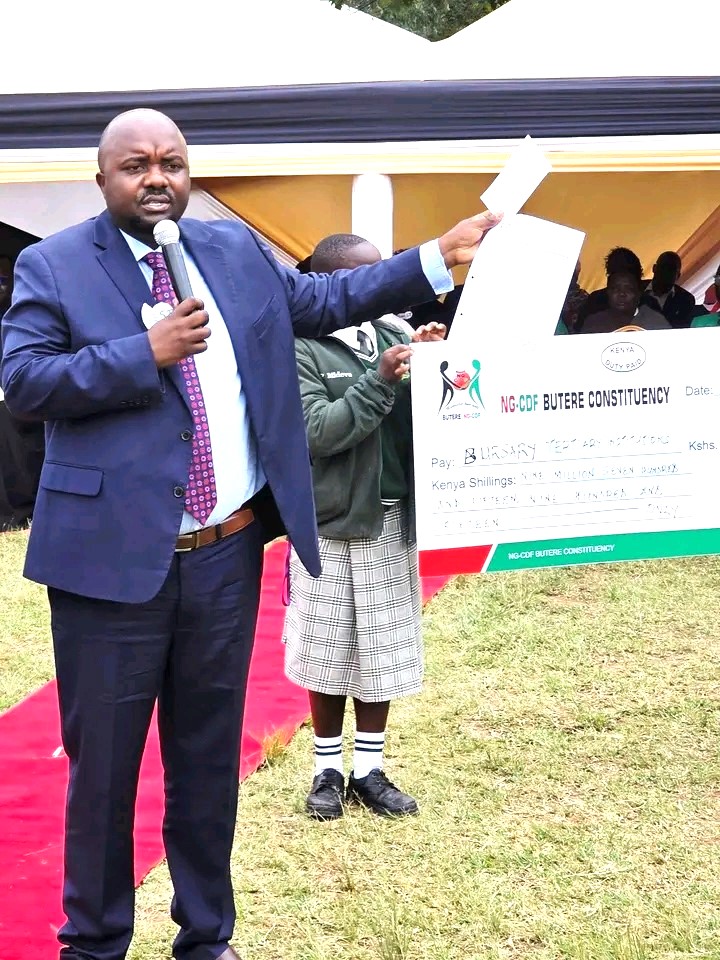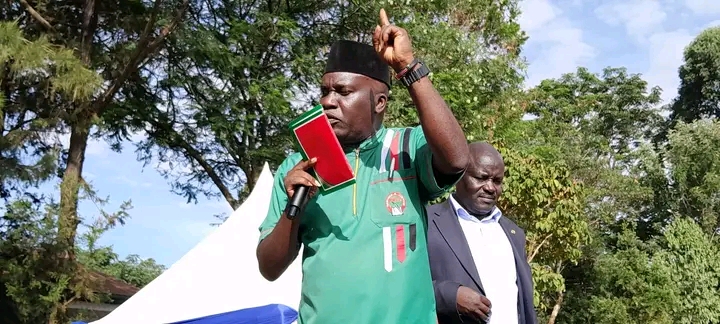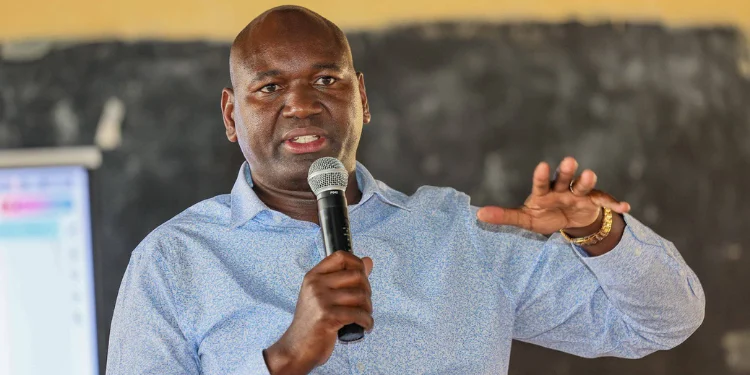Religious leaders in Narok have come out strongly against the government’s recent directive banning school prayer days during the third term.
The clerics, drawn from various denominations, called the move “unwarranted” and “spiritually harmful” to students preparing for national exams.
Led by Bishop Elias Njeru, the clergy condemned the ban and urged the Ministry of Education to reverse the decision, saying that prayers play a critical role in encouraging and mentally preparing candidates.
“Prayer is not a distraction — it is a source of strength,” said Bishop Njeru during a press briefing. “We cannot afford to deny our children the spiritual support they need at such a critical time in their academic journey.”
ALSO READ:
Maasai Mara Varsity VC feted for championing environmental sustainability
The ban, announced by Dr. Julius Bitok, Principal Secretary for Basic Education, prohibits prayer days, prize-giving ceremonies, and Annual General Meetings (AGMs) during the third term, citing concerns over disruptions ahead of the national exams, including the Kenya Certificate of Secondary Education (KCSE).
“The purpose of the ban is to ensure candidates remain focused on academic preparations without unnecessary interruptions,” said Dr. Bitok in a statement. He, however, clarified that routine prayers and worship sessions led by school chaplains or teachers would still be allowed.
But the explanation has done little to quell growing discontent among religious leaders in Narok.
“A single day of prayer does not interfere with learning,” said Rev. Esther Torome, a senior clergy member in the region. “If anything, it promotes a peaceful, focused atmosphere. Removing it is not only unwise — it is unfair.”
ALSO READ:
Man arrested for cohabiting with 17-year-old school girl in Bomet
The leaders vowed not to remain silent on the matter, insisting that the spiritual well-being of learners must not be overlooked in the pursuit of academic excellence.
“We are not asking for week-long crusades — just one day of corporate prayer to bless our children. That is not too much to ask,” Bishop Njeru added.
The debate has sparked national conversation, with some educators supporting the government’s position, while others argue that a holistic approach — including spiritual guidance — is essential in preparing students for the pressures of national examinations.
As the third term progresses, pressure is mounting on the Ministry to reconsider its position, especially in regions where faith and education are closely intertwined.
By KIMUTAI LANGAT
You can also follow our social media pages on Twitter: Education News KE and Facebook: Education News Newspaper for timely updates.
>>> Click here to stay up-to-date with trending regional stories
>>> Click here to read more informed opinions on the country’s education landscape






